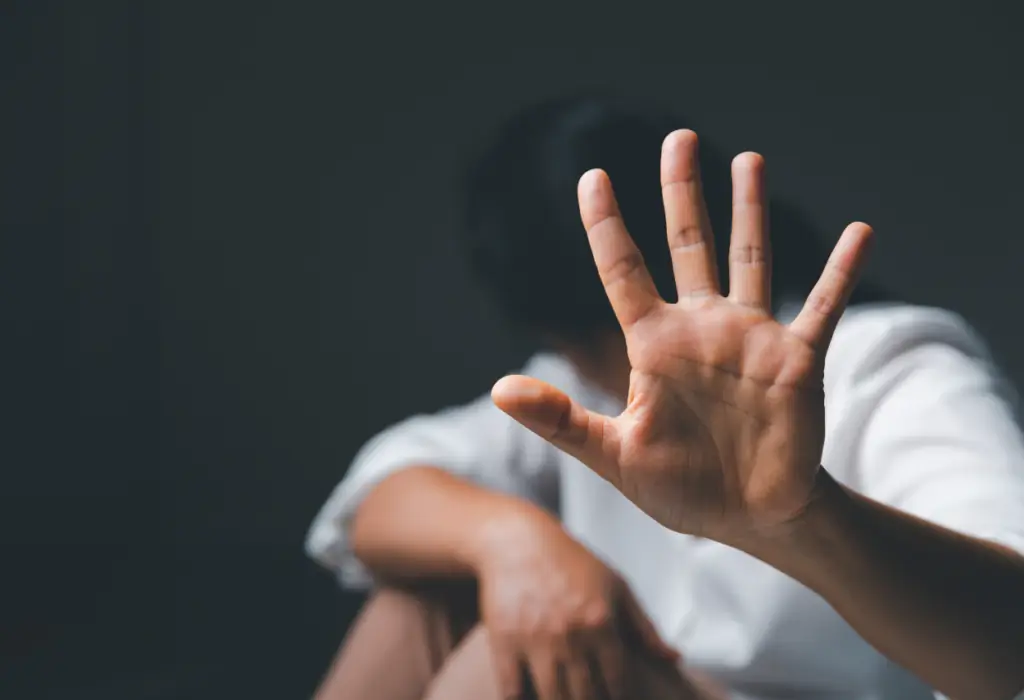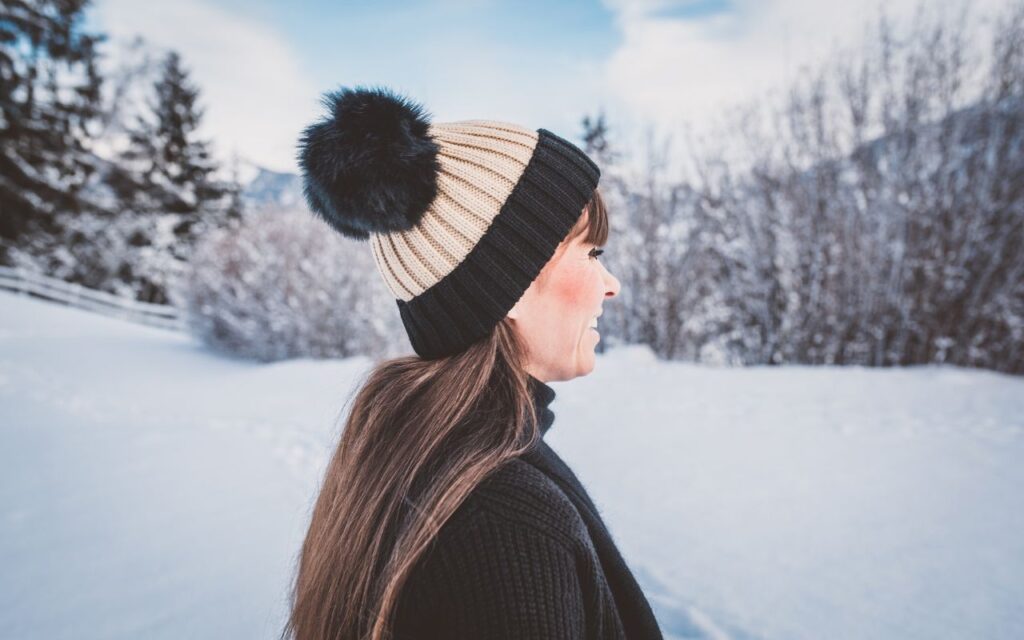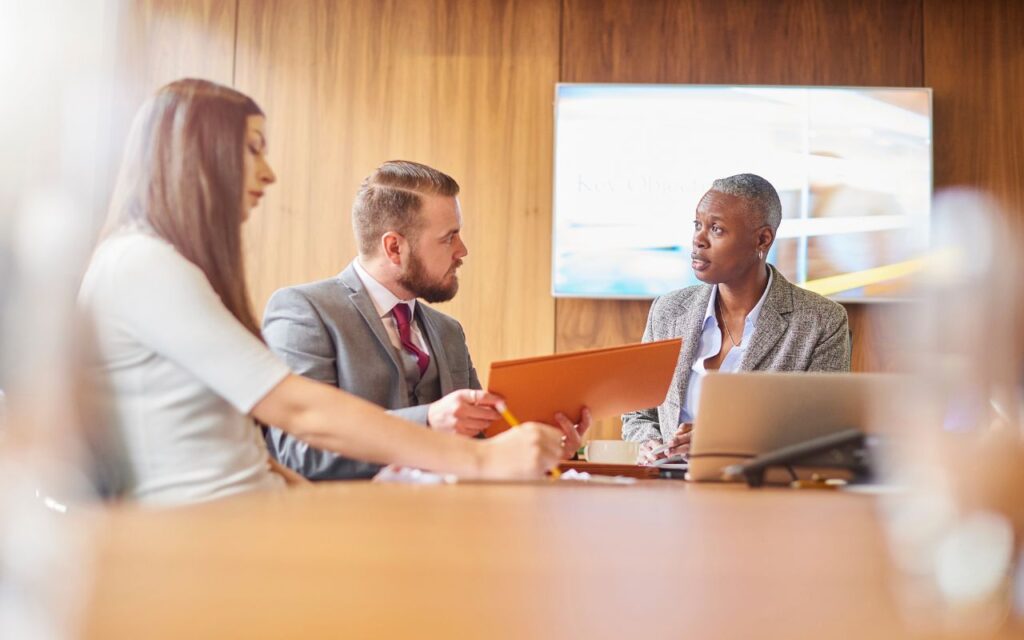
A personal note: I’ve rarely written a submission for a publication about my experience with sexual violence in my early 20s. This submission to The Honest Talk is due to my full trust and my full belief that the space Jennifer and Catherine have created is inspiring, safe, open, and kind — markers our world needs more of. Thank you, from me and many leaders like me. Our country and, critically, our communities are so much richer, smarter, and connected because of you.
A year (or so) ago, I turned 40
Forty for many of us, and maybe more so for women, is a marker: it’s midlife, it’s the year when you may need to feel you’ve achieved a whole lot of success or happiness or perfection. For me, the marker of 40 has always carried something else: an experience in my 20s when a trusted member of the community told me, “You’ve made a decision that you will be happy with when you are 40.”
When I was in my early 20s, I was sexually assaulted
The backstory is a long one: when I was in my early 20s, I was sexually assaulted.
I was injured, sought immediate medical attention, and then again, a few days later, more medical attention. I then made the very tough decision to report the crime, and proceeded through many, many days on the stand in a courtroom. Twenty-something me was braver than I thought — being eye-to-eye with your perpetrator is not fun, and I don’t know how I did it.
I’ll tell you a little good — because I know there are horror stories out there — about police, and about the court system. For the most part, all of the first responders treated me with compassion, with respect, and with belief. I’ve acknowledged my victim services liaison many times: she deserves more and so does her team.
That I was able to move into a full, happy, and productive life is a credit to her and to victims services liaisons everywhere. That alone is a great privilege.
Karen Moores
One of the first responders, who I’ve come to know well over the last few decades, once told me (after the worst of the wounds had healed), “…as hard as this all is, when you are 40, you will look back and be happy with this choice to report it.”
I never quite understood that comment – how could that ever be true about something so awful, but decades later it does hold true — my first responder friend was so right.
Yes, it was hard.
I lost friends, I know I lost economic opportunities, and for a while but not forever, I lost a little part of myself.
Karen Moores
I had to share intimate parts of myself with strangers for basic survival. For context: I lived (and still live) in a fairly small Canadian city. Are any of us in Canada’s smaller cities ever really Jane Doe? Stories are told about us, many times without us even in the room.
Yet, despite all of this, it holds true that at 40, I’m glad for the struggle.
At that beautiful marker of 40, we begin to realize it’s not about us — it’s about those that come after us. It’s about how we can help prevent sexual violence, and how we can help those who are victims of sexual violence to thrive as survivors.
At 41, I can tell you the on-and-off PTSD of the last (almost) 20 years will have been worth it if I know I helped even one woman, one man, or one family deal with the aftermath of sexual violence.
We still may not get the results we want in the courtrooms of our nations, and many survivors of sexual violence do not get the respect they deserve, but we have advocates who have spent years, often decades fighting for better — like the work of the Hon. Rona Ambrose in creating legislative change, Sheldon Kennedy’s tireless efforts to make sport safer, and the lifelong work of the families of Kristin Mahaffy and Leslie French to keep Canada’s most dangerous where they belong: behind bars.
As our world has changed post-COVID, sexual violence statistics in many countries have changed for the worse, too. In a future article, I’d like to talk about what we can do for the survivors of sexual violence in war zones around the world. Their stories deserve longer than today.
I acknowledge my privilege in Canada: access to a counselor, free access to medical care even if the first visit was a miss, and the chance to tell my own story, even if the end result of the court process was not as I had hoped.
I wish there was no “after us.”
I wish that, almost 20 years later, we would be doing far more to prevent sexual violence, and far more to address the economic impact it has on survivor’s lives.
The decades have shown me the marker of 40, and with it a chance to give back — a chance to be a part of the million steps needed to make our world a better place for women, men and girls and boys and for all survivors of sexual violence.
I intend to spend a lot more time in my 40s talking about how we can make campuses safer, make the court process safer for survivors, and dramatically improve economic supports for the millions of survivors of sexual violence in this country and around the world.








